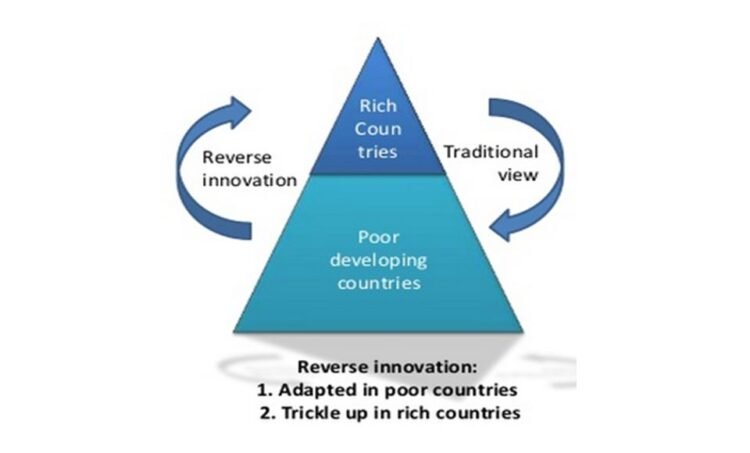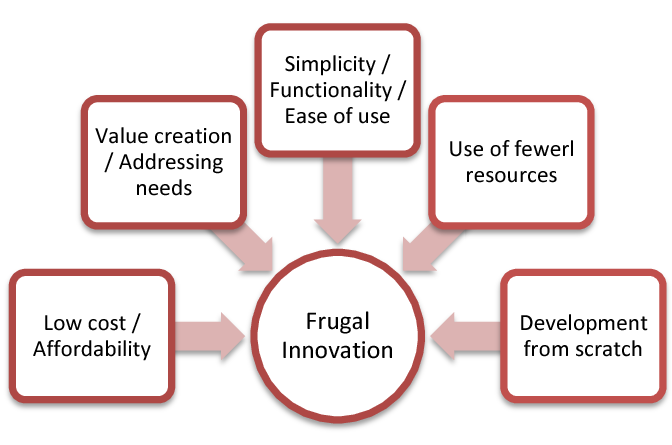Corporate Entrepreneurship is broadly described as the process whereby an individual or a group of individuals, in association with an existing organization, create a new organization or instigate renewal or innovation within that organization. This definition includes two aspects of CE, a new business creation within existing organizations and renewal of the current strategy of the corporation. The vital notion is that corporations must capitalize on the entrepreneurial thinking of the managers to chase future evolution under changing and uncertain environments. Overall, studies suggest that Corporate Entrepreneurship activities are composed of three areas: idea generation, selection, and implementation or retention. Autonomy is an integral and central part of CE. Under conditions of change and uncertainty, providing autonomy to enterprising managers Continue reading
Modern Management Concepts
Technological Knowledge Generation and Diffusion in Organizations
The differences in the types of organisations, their structures, their goals and perspectives, and the way they recognise and face challenges can breed a lot of opportunities and avenues for producing and distributing new information to the world. Technology and science has made wonders for almost everyone living in this planet. It has changed the way we live. It has also introduced new sets of problems and issues which must be strategically addressed. Firms are already in the forefront of responding to changes and challenges in their environment. They respond to these challenges through strategies that make use of support systems like technology and scientific research. Today’s business and social transactions are being supported more and more by technological and Continue reading
Digital Transformation and Digital Leaders
Today’s businesses are always more interconnected via various networks and platforms as society in general is experiencing a Digital Transformation, this digitalization exposes businesses to new opportunities but also new threats. As the way business is conducted changes, the figure of leaders that lead organizations through the business ecosystems need to change obtaining a range of skills, abilities and behavior in order to be successful as Digital Leaders. So a question arises: Who is a digital leader? Digital leaders can be found across the organization in the various levels, from operational levels as operational managers, division level as divisional or line managers, executive level as executives such as CEOs, CIOs, or Board levels. Digital leaders are the new leaders that Continue reading
Overview of Reverse Innovation Concept
Vijay Govindarajan and Chris Trimble, in their book on Reverse Innovation defined the term “Reverse Innovation”; they define it as any idea, which will be first adopted in developing world. This phenomenon was not very common in the past for a simple reason that the rich and affluent that had the ability to demand were mostly concentrated in developed nations. Demand drove the technology and hence most of innovations happened in the west. United States and Germany have about 300 noble laureates in science and technology, while India and China who are six times in population have less than ten of them in total. Most of the solutions that were innovated in the west were hence imported. Slightly modified versions Continue reading
The Emergence of Frugal Innovation
The old innovation paradigm was called closed innovation which was based on the strict control of successful innovation. Under this view, organizations generate their own ideas, develop them, finance them and support them on their own. In short, companies maintain complete control of all aspects of the innovation process and inventions are kept highly secretive. Traditionally many organizations followed this model and it worked well for most of the twentieth century. However, over the years a number of factors have led to the erosion of the closed innovation approach. First, due to an increase in the mobility and availability of highly educated people, large amounts of knowledge leave the research laboratories of many companies. Second, the availability of venture capital Continue reading
The Importance of Going Green
A definition of green management according to is the process within an organization of applying innovation in order to achieve sustainability, waste reduction, social responsibility and a competitive advantage by the aids of continuous learning and development. Organizations shall be doing such developments, by implementing environmental goals and strategies which match the goals and strategies of the organization. This will therefore help the organization to stay focused to its mission and vision. Nowadays, it is found that companies advertise their products by promoting their environmentally – friendly behavior. It does not matter whether it is on TV or on banner; the message of “go green” is almost always used. But why green? Green is not simply a color. Going green Continue reading





